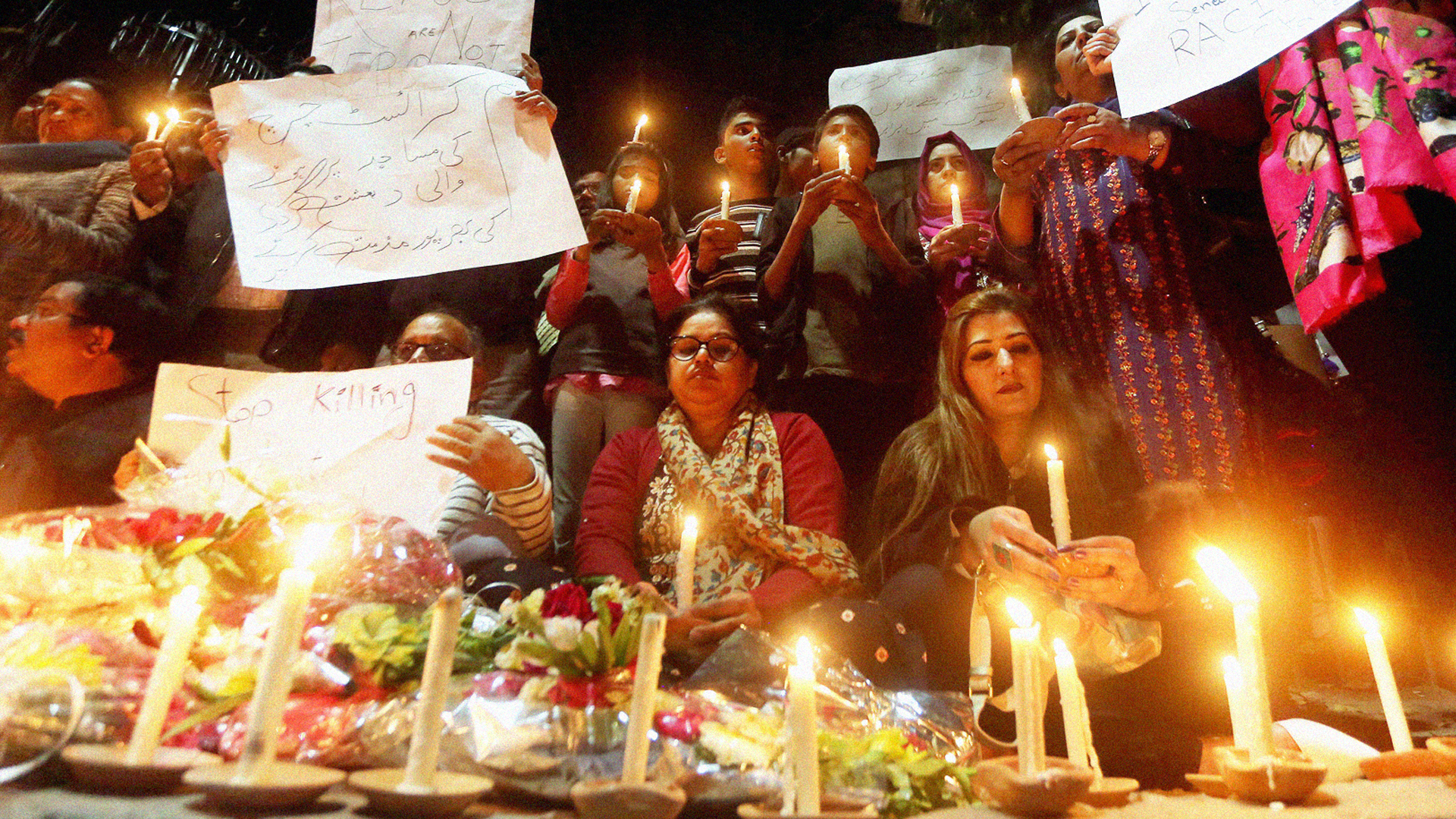Let People of Colour Be Angry

Credit to Author: Noel Ransome| Date: Tue, 19 Mar 2019 19:51:44 +0000
When is it OK to be angry at white people?
Incidents like the massacre of 50 people at a Christchurch mosque in New Zealand tend to present questions like these—when the notion of writing, feeling, and reasoning out white supremacy feels wasted, to the point of being vain. Like, who the fuck am I to propose yet another way for brown/black people to process this cocoon of caucasity? A tragedy that happened, has always happened, and will continue to happen?
For myself, the question hangs over my decision to view the reported footage on March 15th of a white man gunning down innocent women and children. Just 10 seconds in, I was crying and experiencing an anger different from the detachment of an upteenth murder in the name of hate. By the 50 second mark, I needed distance from everything that shared skin tones with this cowardice. It’s a whiteness that populates my everyday—my bus rides, work environment, and neighbourhood. White folks are disproportionately everywhere by virtue of a fucked up history of European colonization, racism, and white privilege. Every moment a black or brown body is gunned down—on a sidewalk, church or mosque—that reminder manifests itself in my day to day like an itch I can’t scratch.
It’s not an easy thing to admit on any platform—that there are times when there’s nothing that feels as good as anger. So often, I don’t find it permissible to express this anger around injustice in public. Folks like myself are told how to mourn and react out of a state of self-preservation. It becomes a conditioning. And our visible rage becomes this thing of white nightmares—an affront to the “yessum” status quos. With our visible anger, injustice can no longer be ignored as it often is. That deviation from what’s normal—white supremacy—instills the same fears in those who can’t stand to lose that superiority.
As a prime example of this, on Friday night, when Chelsea Clinton was confronted by NYU students over her condemnation of Rep. Ilhan Omar (a Muslim woman) who criticized the American-Israel Political Action Committee for having too much influence over politicians in the US. The students suggested Clinton’s criticism of Omar was the kind of rhetoric that leads people to act on their Islamophobia.
White Republicans such as Dan Crenshaw condemned the two Muslims students, followed by a sea of white liberals who classified this anger as a weapon towards a white woman. To watch this anger towards two young students being dished out during an incident that most affected them personally was an insane case of white detachment.
As a black man who happens to be a journalist, I strain for moments when the anger of the victimized can be sympathized before the pitchforks come out. Both the media and greater audience will exhaust itself to explain away white rage—the angles, profiles, quotes, history, and reasonings—as opposed to the justified latter by ridiculous degrees. When GamerGate happened, white and sexist resentments were initially excused as journalistic “ethics”. When Trump happened, profiles involving white dudes with racial leanings were normalized through the benefit of exposure. And on CNN, town halls around race made for figurative testimonies of the “forgotten” voter; victimized just enough to vote for a proven racist.
What in the world can it possibly take for black/brown anger to be accepted and understood? Yes, Chelsea Clinton didn’t directly cause a massacre and that direct blame isn’t fair, but try whitesplaining that to the person who experiences xenophobia and racism regularly. Tell that to person of colour who views growing hate crime statistics as a growing threat. Peddle that “be nice” bullshit to the person living within the probabilities of being shot down for simply being who they are. Or maybe give a hush to the next brown person that reminds you of the Muslim Ban that exists in the most powerful and so-called “democratic” nation in the world.
In order to preserve our semblance of navigation in white spaces, some of us like myself have been forced to be a bit more silent. A bit more congenial. A bit less confrontational. And a bit less visible. To pretend to not understand where this sudden anger comes from when it presents itself is both irresponsible, but also a part of the problem.
Anger isn’t just this thing POC use to point a finger. It’s the byproduct of rage that’s forced upon us by injustice, however unfair that is. To put the mute button on that, is to ignore the underlying issues. Rather than reflexively condemn anger by those with the most reason to be angry, take a moment to understand it, and perhaps we can get closer to the root of our problems.
Follow Noel Ransome on Twitter.
Sign up for the VICE Canada Newsletter to get the best of VICE Canada delivered to your inbox.